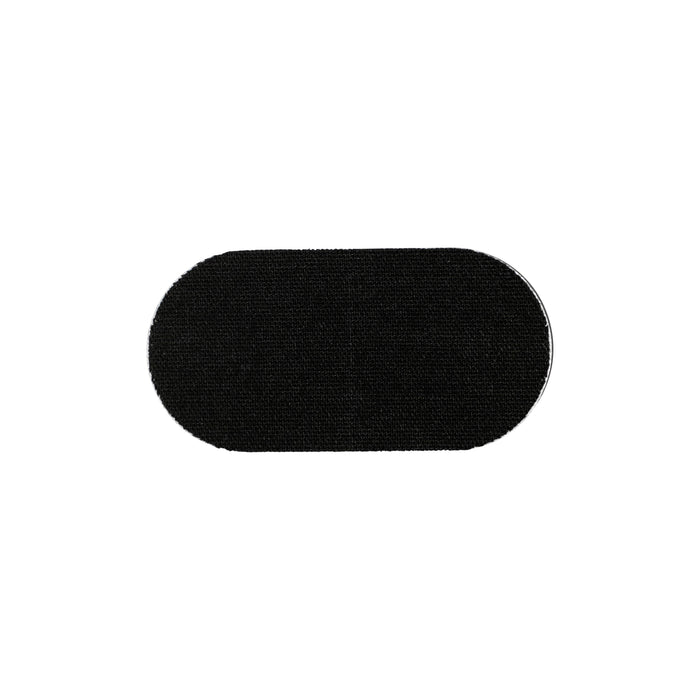

Sleep and Weight Loss: How Getting Enough Sleep Can Help You Shed Pounds
Are you struggling to lose weight despite sticking to a healthy diet and exercise routine? It might be time to take a closer look at your sleep habits. Sleep plays a crucial role in weight management, and getting enough quality sleep is essential for healthy and sustainable weight loss.
Hunger Hormones and Sleep Deprivation
One of the ways sleep affects weight loss is through its impact on hunger hormones. When you don't get enough sleep, your body produces more of the hunger hormone ghrelin and less of the hormone leptin, which helps regulate appetite. This can lead to increased cravings and a higher likelihood of overeating, which can sabotage weight loss efforts.
Research published in the International Journal of Obesity found that after just one night of sleep deprivation, participants had increased levels of ghrelin and decreased levels of leptin, which led to increased hunger and appetite the next day. Additionally, a study published in the journal PLOS Medicine found that short sleep duration was associated with reduced leptin and elevated ghrelin, which are both risk factors for weight gain and obesity.
Metabolism and Sleep Deprivation
In addition, sleep deprivation can also negatively impact metabolism. When you're sleep-deprived, your body is more likely to store fat and burn fewer calories, which can make it harder to lose weight. Research published in the American Journal of Clinical Nutrition found that participants who were sleep-deprived consumed more calories and had lower levels of leptin compared to those who got adequate sleep.
Furthermore, a study published in the journal Sleep found that sleep restriction can lead to weight gain, even in healthy adults who consume the same number of calories as they do when well-rested. The researchers found that sleep restriction led to decreased resting metabolic rate and decreased physical activity, which contributed to weight gain.
Quality Sleep and Weight Loss
To support healthy and sustainable weight loss, it's important to prioritize getting enough quality sleep. Aim for 7-9 hours of sleep per night and establish a consistent sleep routine. This can help regulate hunger hormones, support healthy metabolism, and improve overall weight loss outcomes.
In addition to getting enough sleep, it's also important to practice good sleep hygiene, such as:
- Avoiding caffeine and alcohol close to bedtime
- Turning off electronics and other screens at least an hour before bedtime
- Keeping the bedroom cool, dark, and quiet
- Establishing a relaxing bedtime routine, such as reading or taking a warm bath
Getting enough quality sleep is essential for healthy and sustainable weight loss. Sleep plays a crucial role in regulating hunger hormones and metabolism, and sleep deprivation can lead to increased cravings, decreased resting metabolic rate, and decreased physical activity. By prioritizing good sleep hygiene and getting enough quality sleep, you can support your weight loss goals in a healthy and sustainable way.
Sources:
- Nedeltcheva, A. V., et al. "Insufficient Sleep Undermines Dietary Efforts to Reduce Adiposity." Annals of Internal Medicine, vol. 153, no. 7, 2010, pp. 435–441. doi:10.7326/0003-4819-153-7-201010050-00006.
- Spaeth, Andrea M., et al. "Effects of Experimental Sleep Restriction on Weight Gain, Caloric Intake, and Meal Timing in Healthy Adults." Sleep, vol. 38, no. 5, 2015, pp. 797–806. doi:10.5665/sleep.4684.
- Taheri, Shahrad, et al. "Short Sleep Duration Is Associated with Reduced Leptin, Elevated Ghrelin, and Increased Body Mass Index." PLOS Medicine,






